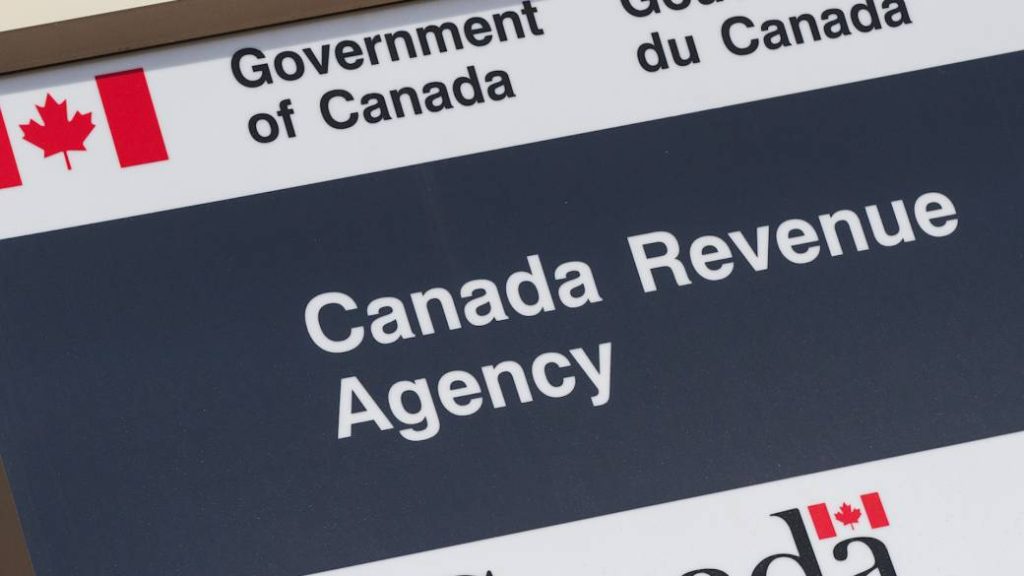News
Shopify and Data Collection: Unveiling the Hidden Connections
Shopify, the Ottawa-based e-commerce giant, recently found itself in a dispute with the Canada Revenue Agency (CRA) over data sharing. The CRA asked Shopify to hand over tax records of over 121,000 Canadian stores from the last six years. Shopify CEO Tobias Lutke described this as an “overreach” by the CRA and vowed to fight the request【7†】.
The CRA, on its part, insisted that it collects information lawfully and directly related to compliance activities. It must obtain judicial authorization before requiring that a third party provide information about unnamed persons. The information obtained is used to identify taxpayers that may have been non-compliant and to verify that they have appropriately reported their income【8†】.
However, the CRA’s interest in Shopify’s data might not be an isolated incident. Federal Court records show that the CRA has previously requested data from other e-commerce platforms such as PayPal and eBay, as well as the Canadian cryptocurrency exchange company Coinsquare, over tax evasion concerns. This suggests that the CRA’s request is part of a broader pattern of seeking data from online platforms to ensure tax compliance【9†】【10†】【11†】.
In this context, it seems that Shopify does indeed collect and hold extensive revenue data on its merchant stores. Lutke’s objections are likely made for reputational reasons, showing that he is defending Shopify merchants. However, it is speculated that the court will likely issue an order to the CRA to obtain the requested data from Shopify【12†】.

The request by the CRA could be a step toward a potential audit of some Shopify merchants. This suggests that Shopify not only collects revenue data but also retains it for several years, making it a valuable resource for authorities like the CRA【14†】.
This incident raises questions about privacy concerns and data collection practices. A case in point is a lawsuit alleging that Shopify collected sensitive private information without user consent. The plaintiff claimed that Shopify stored consumer data and installed cookies on users’ browsers to track transactions across the company’s merchant network. This data reportedly included consumers’ full names, addresses, email addresses, credit card numbers, IP addresses, items purchased, and geolocations【20†】.
Although Shopify managed to dodge these privacy claims, the case raises important questions about the breadth and depth of data collection by e-commerce platforms and the consequences it can have for individuals and businesses alike.
Consumer Privacy and the Need for a Smaller, Less Intrusive Government
The incident involving Shopify and the CRA underlines the delicate balance between government oversight and individual privacy. While the government has a role in ensuring tax compliance, it also has a duty to protect the privacy of individuals and businesses. This balance is becoming increasingly difficult to maintain in the digital age, where data has become a valuable resource.
On the one hand, e-commerce platforms like Shopify collect and store extensive data on their users. This data, while essential for providing personalized services and ensuring smooth transactions, can also be used for less benign purposes. Incidents like the CRA’s request for Shopify’s data highlight how easily this information can be accessed by third parties, raising serious privacy concerns.
On the other hand, the government’s role in protecting citizens from tax evasion and ensuring compliance with fiscal laws is crucial. However, when this oversight extends to demanding vast amounts of data from third parties, it can feel like an overreach. This might be perceived as an intrusion into the privacy of individuals and businesses, leading to calls for a smaller, less intrusive government.
In conclusion, the Shopify-CRA incident underscores the need for clear, enforceable guidelines on data collection and sharing. There is a pressing need for regulations that strike a balance between ensuring compliance with laws and preserving individual and business privacy. As we navigate the digital age, it is important to remember that while data can be a powerful tool, it must be handled with respect for privacy and individual rights.
Moreover, this incident reiterates the need for transparency and accountability in data collection practices of companies like Shopify. Consumers and businesses alike should be aware of the data collected about them, how it is stored, and who has access to it. Clear and accessible privacy policies can help achieve this transparency and ensure users can make informed decisions about their data.
Finally, it’s crucial to have robust mechanisms to challenge what could be perceived as government overreach. A smaller, less intrusive government doesn’t mean an absence of regulation but rather smart regulation that respects individual privacy, promotes transparency and holds entities accountable for their data practices. It is a call for a government that protects its citizens not only through oversight but also by safeguarding their rights and privacy.
Thus, while data collection is a reality of our digital lives, it doesn’t have to mean an erosion of our privacy. With the right regulations in place, it’s possible to harness the benefits of data while also protecting our privacy and individual rights.
- Source 7: CRA asks Shopify for Canadian business records: CEO | CTV News
- Source 8: CRA asks Shopify for Canadian business records: CEO | CTV News
- Source 9: CRA asks Shopify for Canadian business records: CEO | CTV News
- Source 10: CRA asks Shopify for Canadian business records: CEO | CTV News
- Source 11: CRA asks Shopify for Canadian business records: CEO | CTV News
- Source 12: CRA asks Shopify for Canadian business records: CEO | CTV News
- Source 13: CRA asks Shopify for Canadian business records: CEO | CTV News
- Source 14: CRA asks Shopify for Canadian business records: CEO | CTV News
- Source 20: Shopify Escapes Privacy Claims Over Customer Data Collection


